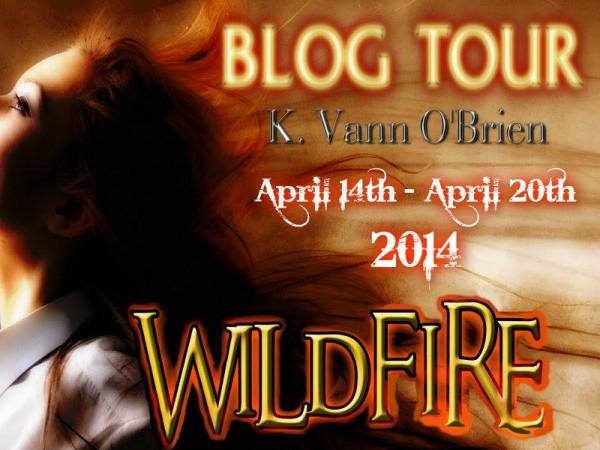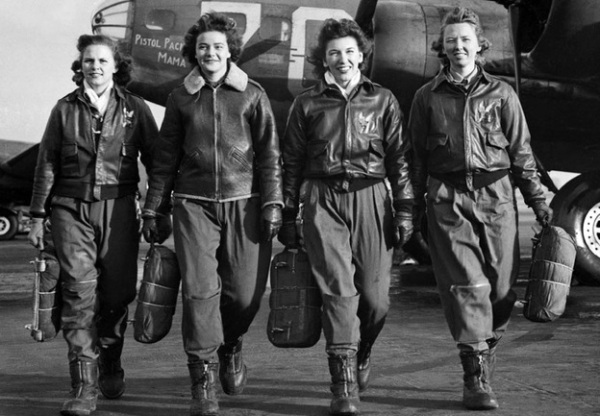 My husband is graduating from college soon. He’s been in school for a while, taking a few classes here and there, fitting them in around work, cross-country moves, children and military deployments. And by some strange turn of events, we’ve come full circle and he’s graduating from my alma mater.
My husband is graduating from college soon. He’s been in school for a while, taking a few classes here and there, fitting them in around work, cross-country moves, children and military deployments. And by some strange turn of events, we’ve come full circle and he’s graduating from my alma mater.
His diploma won’t look the same (they’ve changed the name of the school since I graduated), but I imagine he’ll be walking across the same stage in the same basketball arena as I did those many years ago.
And it makes me think back to my 23-year-old self and wonder: what lessons have I learned? What would I want starry-eyed, ambitious, dreamy me to know as she’s handed her Bachelor’s degree?
A few things come to mind.
You are a writer.
You will try to convince yourself this isn’t true. You will take jobs solely for the money. You will try your hand at several vocations – and you will be very good at some of them (and really terrible at others) – but none of them will fulfill you. They won’t make your heart ache. They won’t wake you up in the middle of the night the way writing does. They won’t urge you on or beat you down or pick you back up again the way writing does. She’s a bitch, but you can’t live without her. Trust me on that.
Stop laying out.
You will never be tan. Your freckley Scottish/Irish skin will not stand for it. Just embrace the pale.
Read Rambo.
One day, you’ll send a story in to a contest. A story beyond your typical genre. A story you hate, because it’s an illustration of your worst fear. Your writing partner will hate you for letting her read it without warning. (A piece of advice – warn her first.) But then the contest judge – David Morrell – will read it and think it worthy of honorable mention. And you’ll be honored. Especially after you Google David Morrell and discover he’s the author of Rambo. And then you’ll be humbled because clearly that guy knows terror.
Enjoy your body while it’s young.
Stop obsessing over what you are not and instead focus on what you are. Stop comparing your body to others, who are more than likely comparing their body to yours. It’s a relentless, stupid cycle. Embrace the good, let go of the “bad”.
Write for yourself.
You will get rejection letters. Lots of them. Then you will get one bite that will spin your head. When you read the words, “congratulations,” you won’t be able to breathe. But eventually, through negotiations, you’ll realize they are not a good fit for you. And you will lie awake at night, wondering if saying no to them would be the worst decision you ever made.
It won’t be.
You will be published.
After dreaming for years of getting your book into the hands of others, you will. It won’t be quite the St. Elmo’s-Fire-playing-and-fireworks-in-the-background kind of moment. But it will be close. And people from several continents will read it and tell you how connected they feel to the book. And you’ll want to stalk down every one of them and wrap them into a hug.
Don’t stalk. It’s creepy.
Not everyone will like your work.
A woman from Sweden will post a bad review and it will crush your soul. And you’ll want to stalk her down and explain yourself. Or at very least, throw angry looks at your IKEA bookshelves.
Don’t do that. It’s creepy.
Stop reading your reviews.
This is hard. But you have to do it. In order to keep writing for yourself, you have to stay grounded in who you are. And you can’t do that if you are pulled in either direction. As Maya Angelou said, “don’t pick it up, don’t lay it down.”
Don’t let compliments build you up to beyond who you are, and don’t let reproach pull you down. It’s not fair to the work.
Blog.
You’ll learn these lessons slowly, and through a series of relationships with other writers. Some of those writers you’ll meet through connections in the blogosphere. And you’ll treasure the insight those writers have. Putting yourself out into the world makes you vulnerable, but it also opens the way for new friendships. And helps you hammer out the ongoing flow of extraneous words in your head. Both are worth it.













